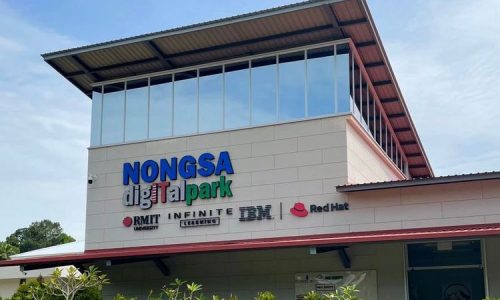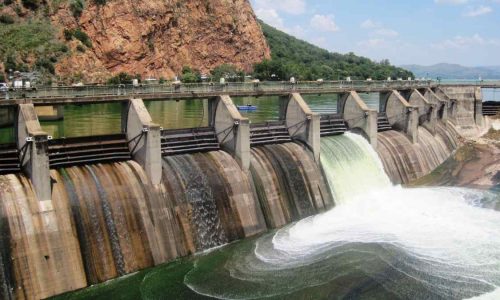Indonesian telecommunications company, XL Axiata, has asked the government to reduce the Frequency Usage Fees (BHP) to expedite the implementation of 5G networks, a crucial agenda in advancing technology in the country.
XL Axiata has expressed concerns about the costs associated with frequency usage. An official statement by XL Axiata has cited that the high costs could be a major barrier to expanding the reach of 5G networks to broader areas in Indonesia.
XL Axiata’s CEO, Dian Siswarini, said that by reducing the frequency usage fees, the government would provide greater incentives for telecommunications operators to roll out 5G networks more rapidly and efficiently.
Hie emphasized the importance of cooperation between the government and the telecommunications industry to create a conducive ecosystem for the development of cutting-edge technology.
“This is not just about business interests but also about how we can improve digital connectivity in Indonesia as a whole. Reducing frequency costs will enable us to invest more in 5G infrastructure and bring the benefits of this technology to the people more quickly,” Dian said.
XL Axiata’s initiative aligns with the Indonesian government’s vision to enhance access to and utilization of information and communication technology (ICT) nationwide. In recent years, the government has actively supported the development of telecommunications infrastructure, including through the allocation of frequency spectrum for 5G networks.
However, the primary challenges in implementing 5G networks in Indonesia still revolve around the availability of adequate infrastructure and the costs associated with frequency usage. XL Axiata’s initiative to push for a reduction in frequency usage fees is expected to stimulate further investment from other operators and expedite the adaptation of 5G technology in the country.
Reducing frequency usage fees will not only provide incentives for telecommunications operators but is also expected to boost economic growth through increased productivity and innovation across various sectors. The presence of 5G networks is considered a crucial foundation for building a robust digital ecosystem and can have broad positive impacts on society and the overall economy.
Furthermore, the presence of 5G networks is expected to enhance Indonesia’s competitiveness globally by opening up new opportunities in sectors such as manufacturing, healthcare, transportation, and agriculture, which increasingly rely on fast and reliable connectivity.









